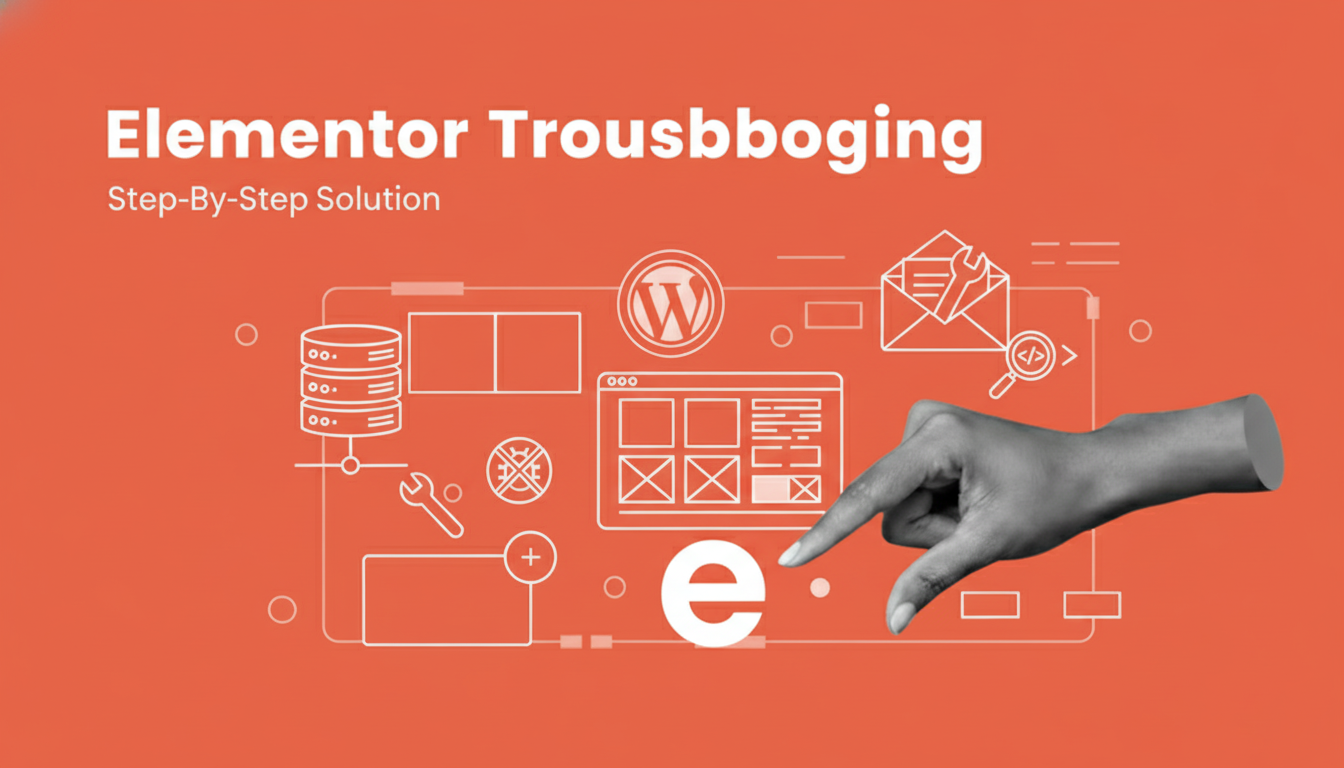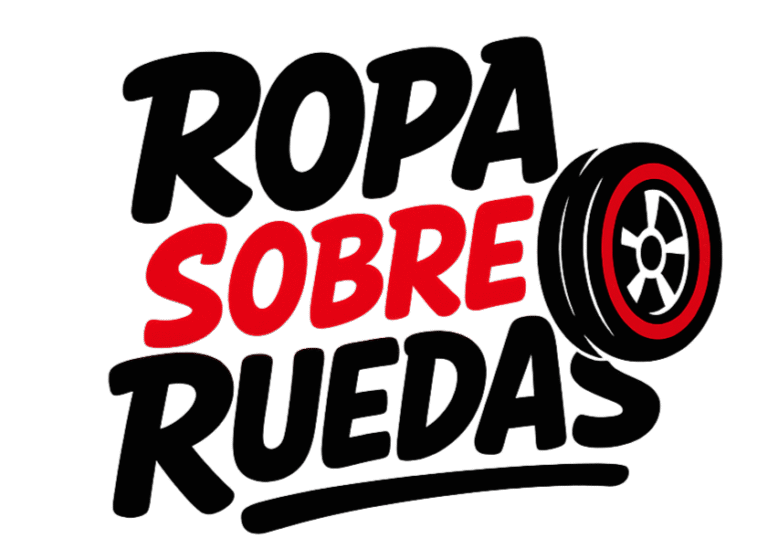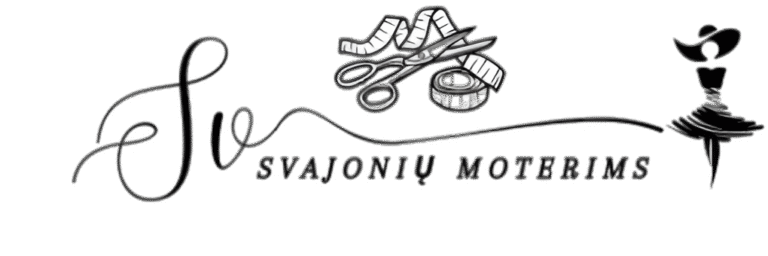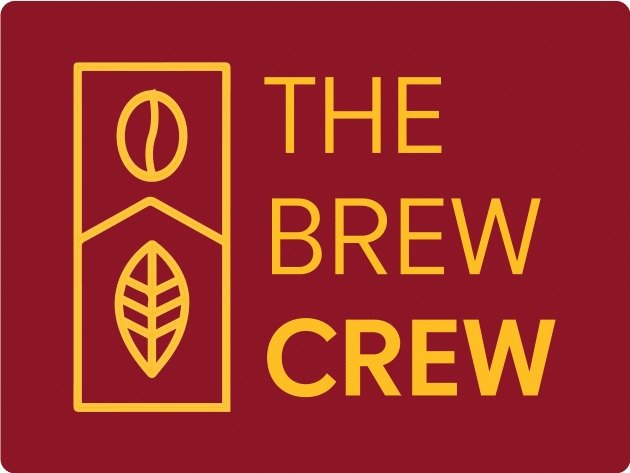“`html
How to Fix Elementor Custom Query Not Working
So, you’ve spent time crafting a beautiful Elementor layout, meticulously filtering your content with a custom query, only to find… it’s not working. Your posts aren’t appearing, the order is all wrong, or it’s simply displaying everything and ignoring your carefully set parameters. Frustrating, right?
You’re not alone! The Elementor custom query feature is incredibly powerful, allowing you to display specific posts, pages, or custom post types based on various criteria. However, with great power comes the potential for a few perplexing snags. Whether you’re a seasoned Elementor user or just starting, encountering an Elementor custom query not working issue can halt your progress. But don’t worry, we’re here to help you get things back on track.
In this comprehensive guide, we’ll dive deep into the common reasons why your Elementor custom query might not be behaving as expected and provide multiple, step-by-step solutions to diagnose and fix the problem. By the end, you’ll be well-equipped to troubleshoot and conquer any custom query challenges.
Understanding the Elementor Custom Query Feature
Before we jump into the fixes, let’s quickly recap what the Elementor custom query does. Elementor, especially with its Pro version, offers a “Posts” or “Portfolio” widget (among others) that allows you to display dynamic content. Within these widgets, under the “Query” tab, you’ll find options to filter and order your content. When the built-in filters aren’t enough, Elementor Pro allows you to define a “Custom Query” using specific PHP functions or by integrating with other plugins.
This feature relies on WordPress’s WP_Query object, allowing you to retrieve posts matching almost any criteria. When your Elementor custom query is not working, it means there’s a disconnect between your intended parameters and what Elementor or WordPress is actually executing.
Common Reasons Your Elementor Custom Query Is Not Working
Let’s start by exploring the usual suspects when your Elementor custom query isn’t working:
- Incorrect Query Parameters: Typos, wrong slugs, or misunderstanding how specific parameters work.
- Plugin Conflicts: Another plugin interfering with Elementor’s query handling.
- Theme Conflicts: Your theme’s code might be overriding or affecting queries.
- Caching Issues: Old cached versions of your page preventing the query from updating.
- Syntax Errors in Custom Code: If you’re using custom PHP for your query, any small error can break it.
- Permalinks Issues: Sometimes, refreshing permalinks can resolve query-related problems.
- Elementor/WordPress Outdated: Older versions might have bugs or compatibility issues.
- Post Status/Visibility: Posts might be draft, private, or trashed and thus not appearing.
- Incorrect Post Type: Targeting the wrong post type slug.
Solutions to Fix Elementor Custom Query Not Working
1. Double-Check Your Elementor Query Settings
This might seem obvious, but it’s the number one place to start. A small oversight in the Elementor panel can lead to an Elementor custom query not working.
- Navigate to your Widget: Go to the Elementor editor and select the widget where your custom query is applied (e.g., Posts, Portfolio).
- Access the Query Tab: In the left-hand panel, go to the “Content” tab, then find the “Query” section and expand it.
- Review “Include” and “Exclude” Settings:
- Source: Ensure you’ve selected the correct source (e.g., Posts, Pages, Custom Post Type). If “Custom Query” is selected, double-check the “Query ID” field.
- Terms: Are you including/excluding categories, tags, or custom taxonomies correctly? Use the exact slugs or names.
- Authors: Are you filtering by author?
- Order By / Order: Is the sorting working as expected?
- Check Post Status: By default, Elementor usually shows ‘publish’ posts. If you’re expecting to see drafts or pending posts, your query needs to explicitly include them.
Tip: If you’re using Elementor Pro’s built-in query settings (not a custom Query ID), try simplifying your query as much as possible. If a basic query works (e.g., showing all posts), then gradually add back your filters one by one to pinpoint where the issue lies.
2. Verify Custom Query ID and Code (If Applicable)
If you’re using a custom Query ID, this solution is paramount. The “Custom Query” option in Elementor requires you to register a custom query function in your theme’s functions.php file or a custom plugin. When your Elementor custom query is not working, the problem often lies here.
- Locate Your Custom Query Code: This code is usually in your theme’s
functions.phpfile or a dedicated custom functionality plugin. It should look something like this:add_action( 'elementor/query/my_custom_query_id', function( $query ) { // Modify the query here $query->set( 'post_type', 'recipe' ); $query->set( 'posts_per_page', 5 ); $query->set( 'orderby', 'date' ); $query->set( 'order', 'DESC' ); $query->set( 'tax_query', array( array( 'taxonomy' => 'cuisine', 'field' => 'slug', 'terms' => 'italian', ), ) ); }); - Check the Query ID: Ensure the ID in your code (e.g.,
my_custom_query_id) exactly matches what you entered in the Elementor widget’s “Query ID” field. - Inspect for Typos and Syntax Errors: Even a missing comma or a misspelled parameter can break the query. Use a code editor that highlights syntax errors.
- Validate
WP_QueryParameters: Refer to the official WordPressWP_Querydocumentation for the correct usage of parameters. Common mistakes include:- Using
categoryinstead ofcatfor category IDs. - Incorrectly formatting
tax_queryormeta_queryarrays. - Using
post_slugsinstead ofpost__inwith an array of post IDs.
- Using
- Test Step-by-Step: If your custom query is complex, comment out parts of it and test to see which part is causing the problem. Start with a very basic query (e.g., just ‘post_type’) and gradually add your conditions.
- Debug with
error_log(): Temporarily adderror_log( print_r( $query->query_vars, true ) );within your custom query function to see what parameters are actually being passed toWP_Query. This output will appear in your server’s PHP error log.
3. Clear Caches and Refresh Permalinks
Caching is a common culprit for many WordPress issues, including when your Elementor custom query is not working. Old cached versions of your page might be showing outdated data.
- Clear Elementor Cache:
- Go to your WordPress dashboard > Elementor > Tools > Regenerate CSS & Data. Click “Regenerate Files”.
- Then go to Elementor > Tools > General > Sync Library and click “Sync Library”.
- Clear Your WordPress Caching Plugin: If you’re using a caching plugin like WP Super Cache, LiteSpeed Cache, WP Rocket, or W3 Total Cache, clear its cache entirely. There’s usually a “Clear Cache” or “Purge All” button in the plugin’s settings or the top admin bar.
- Clear Server/Host Cache: If your hosting provider (like Hostinger) has server-level caching, clear it from your hosting control panel.
- Clear Browser Cache: Sometimes, your browser holds onto old versions. Perform a hard refresh (Ctrl+F5 or Cmd+Shift+R) or clear your browser’s cache.
- Refresh Permalinks:
- Go to Settings > Permalinks in your WordPress dashboard.
- Without making any changes, simply click the “Save Changes” button. This often flushes rewrite rules and can solve query-related issues.
4. Check for Plugin and Theme Conflicts
WordPress is a modular system, and sometimes plugins or themes don’t play nice together. A conflict could be the reason your Elementor custom query isn’t showing results.
- Deactivate Plugins: Temporarily deactivate all plugins except Elementor and Elementor Pro. Check if your custom query starts working. If it does, reactivate your plugins one by one, testing the query after each activation, to identify the conflicting plugin.
- Switch to a Default Theme: Temporarily switch your theme to a default WordPress theme like Twenty Twenty-Four or Hello Elementor. If the query works, your theme might be interfering. If your theme provides custom query hooks or modifications, check its documentation or support.
- Review Error Logs: Many conflicts generate errors. Check your website’s error logs (often accessible via your hosting panel or by enabling WordPress debugging) for any clues.
Reference: Hostinger provides excellent guides on debugging WordPress errors and checking error logs.
5. Update Elementor, WordPress, and Other Plugins
Outdated software can lead to bugs and compatibility issues. Always keep your site’s components up to date.
- Update Elementor and Elementor Pro: Ensure both are running their latest versions.
- Update WordPress: Make sure your WordPress core is updated.
- Update All Other Plugins and Theme: Update all other active plugins and your theme to their latest versions.
Important: Always back up your website before performing major updates! Use a plugin like UpdraftPlus or your hosting provider’s backup functionality.
6. Review Post Status and Visibility
Sometimes, your query is correct, but the posts you expect to see aren’t actually published or are set to private.
- Check Individual Post Status: Go to Posts > All Posts (or your custom post type) in your WordPress dashboard. Ensure the posts you expect to see have a “Published” status.
- Check Password Protection or Private Status: Make sure posts aren’t password protected or set to private unless your query explicitly allows for them.
- Review Publish Dates: If you’re filtering by date or ordering by date, ensure the publish dates are what you expect. A post scheduled for the future won’t appear on the frontend until that date.
Common Issues and Troubleshooting Elementor Custom Query Not Working
Problem: Elementor custom query not working not working properly (i.e., showing wrong posts or wrong order)
- Solution:
- Review all query parameters: Every single parameter, including “Order By” and “Order,” in both Elementor’s UI and your custom code.
- Check for conflicting parameters: Sometimes two parameters contradict each other (e.g., including and excluding the same post).
- Simplify the query: Remove parameters one by one until it starts working, then reintroduce them carefully.
Issue: Configuration errors with Elementor custom query not working (specifically when using custom code)
- Solution:
- Enable WordPress Debugging: Add
define( 'WP_DEBUG', true );anddefine( 'WP_DEBUG_LOG', true );to yourwp-config.phpfile. This will log errors to adebug.logfile in yourwp-contentdirectory. - Use a Custom Query Builder Plugin: If writing custom PHP is challenging, consider plugins like Advanced Custom Fields (ACF) Pro with their built-in query builder integrations or third-party Elementor add-ons that simplify custom queries.
- Refer to Developer Resources: The WordPress Developer Reference for WP_Query is your best friend when crafting custom query arguments.
- Enable WordPress Debugging: Add
Problem: Compatibility issues affecting Elementor custom query not working (e.g., after an update)
- Solution:
- Rollback (if necessary): If the issue appeared immediately after an update, consider rolling back Elementor or the conflicting plugin/theme to a previous version (use a backup!). This is a temporary measure until the developers release a fix.
- Contact Support: If you’ve identified a specific plugin or theme causing the conflict, reach out to their support team. Provide them with specific details and steps to reproduce the issue.
- Check Elementor’s System Info: Go to Elementor > System Info. This page provides valuable diagnostics that you can share with support teams.
Tips and Best Practices for Elementor Custom Queries
- Start Simple: When building a new custom query, begin with the most basic parameters (e.g., just post type) and add complexity gradually.
- Test on a Staging Site: Always test custom code and complex queries on a staging environment before deploying to your live site. Hostinger offers easy staging site creation.
- Comment Your Code: If you’re writing custom PHP for queries, add comments to explain what each part of the query does. This helps with future troubleshooting.
- Use Specific Slugs/IDs: When filtering by categories, tags, or custom taxonomies, use their unique slugs or IDs for more robust queries, especially if names might change.
- Understand Taxonomy Queries: Taxonomies (categories, tags, custom taxonomies) often require specific array structures (
tax_query) withinWP_Query. Master them! - Regularly Clear Cache: Make clearing all relevant caches a habit after making query changes to ensure you’re seeing the latest results.
- Backup Your Site: Before making any significant changes to your theme’s
functions.phpor installing new plugins, always create a full backup of your website.
Wrapping Up Your Elementor Custom Query Journey
Encountering an Elementor custom query not working can be a hiccup, but with a systematic approach, it’s almost always solvable. By carefully reviewing your Elementor settings, validating custom code, clearing caches, and checking for conflicts, you’ll likely pinpoint the root cause.
Remember, the goal is to break down the problem into smaller, manageable parts. Don’t try to fix everything at once. Go through each solution methodically, and you’ll be displaying your meticulously filtered content in no time!
If you continue to face challenges, don’t hesitate to consult the Elementor documentation or reach out to their support for assistance. Happy querying!
Frequently Asked Questions (FAQ)
- Why is my Elementor custom query not showing any posts




























